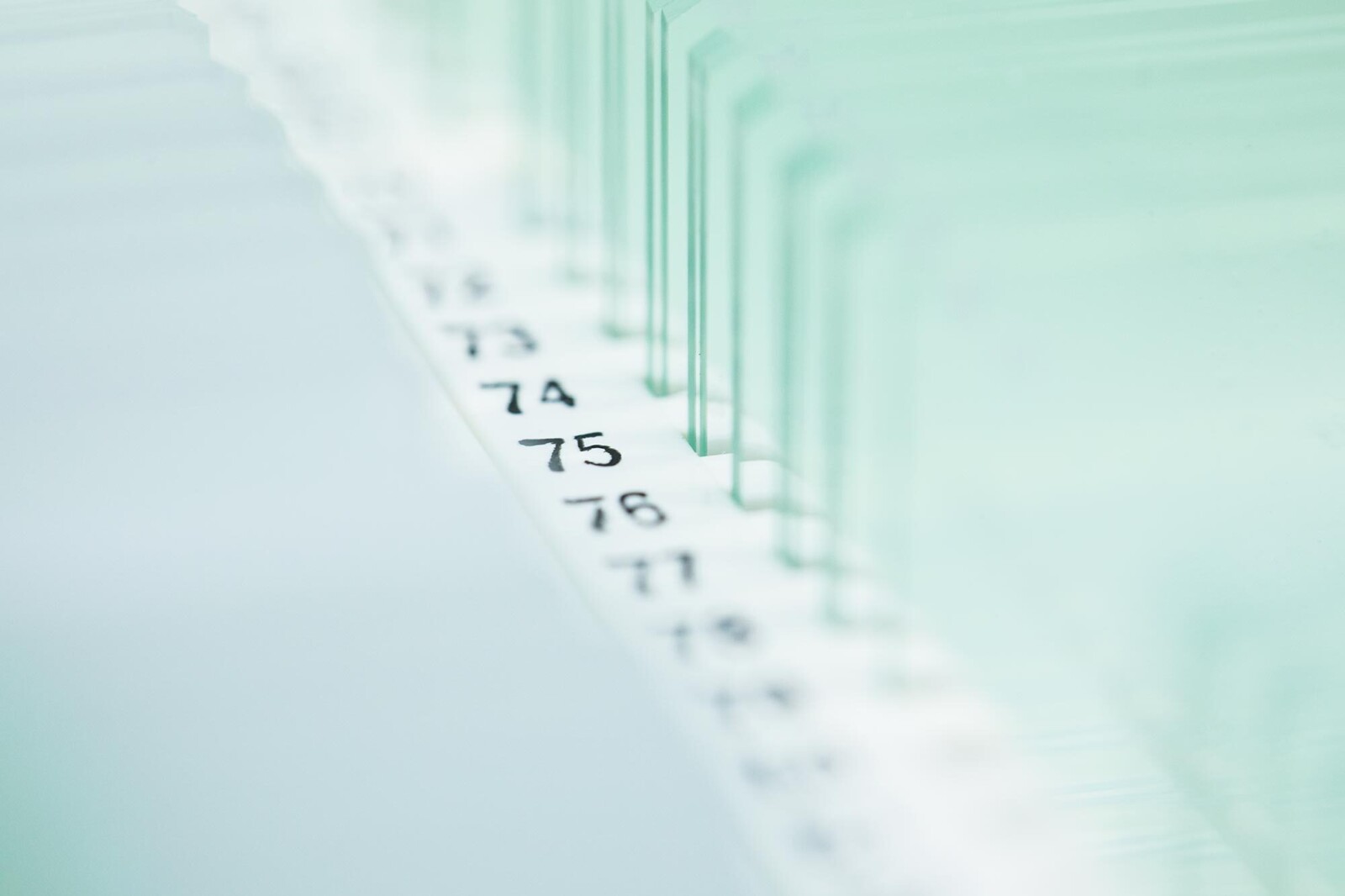ATTR Cardiomyopathy
Transthyretin amyloid (ATTR)-cardiomyopathy is an age-associated disease of the heart characterized by intramyocardial deposition of misfolded and aggregated transthyretin. The accumulation of amyloid results in increased ventricular wall thickness and severely impacts heart function and survival. The disease manifests predominantly in men ≥ 60 years of age and can be diagnosed using echocardiography, scintigraphy and biopsies. The prevalence of the disease is currently unknown despite the fact that diagnosis tools are widely accessible. It is estimated that today only 1% or less of the patients are being diagnosed.
Using Neurimmune’s Reverse Translational Medicine technology, we performed high-throughput immune repertoire analyses of healthy elderly subjects for ATTR-reactive B-cell memory. We selected NI006, a recombinant human monoclonal IgG1 antibody that exclusively targets with high affinity the disease-associated amyloid conformation but not physiological forms of transthyretin. NI006 targets both wild-type ATTR as well as ATTR mutants that are linked to hereditary forms of ATTR cardiomyopathy and ATTR polyneuropathy. NI006 induces the clearance of pathological ATTR in preclinical models. Currently, NI006 is in Phase 1 clinical development in ATTR cardiomyopathy patients. Safety, tolerability, pharmacology, and efficacy at 12 months of NI006 treatment in ascending doses are being investigated.
Primary results of the Phase 1 study have been presented in Prague at Heart Failure 2023, a scientific congress of the European Society of Cardiology (ESC), and published in The New England Journal of Medicine (Pablo Garcia-Pavia et al., 2023).
Results indicated that the safety profile of NI006 is favorable up to the highest dose tested. No apparent dose-limiting toxic effects or drug-related serious adverse reactions were observed. The pharmacokinetic profile was consistent with that of an IgG antibody, and no antidrug antibodies were detected. At doses of at least 10 mg per kilogram, cardiac amyloid deposition (detected by either scintigraphy or cardiac magnetic resonance imaging) was substantially reduced over a period of 12 months. Reductions were also seen in levels of biomarkers measuring cardiac stress and cardiomyocyte death, N-terminal pro-B-type natriuretic peptide and troponin T.
In 2022, Neurimmune entered into an exclusive global collaboration and license agreement with Alexion, AstraZeneca’s Rare Disease group, for NI006. Neurimmune will continue to be responsible for completion of the current Phase 1 clinical trial on behalf of Alexion, and Alexion will pay certain trial costs. Following the Phase 1 trial, Alexion will be responsible for further clinical development, manufacturing, and commercialization.
ClinicalTrials.gov number: NCT04360434.
Quote
« Our cardiomyopathy program relies heavily on our experience around the biology of amyloid removal in the central nervous system.»


